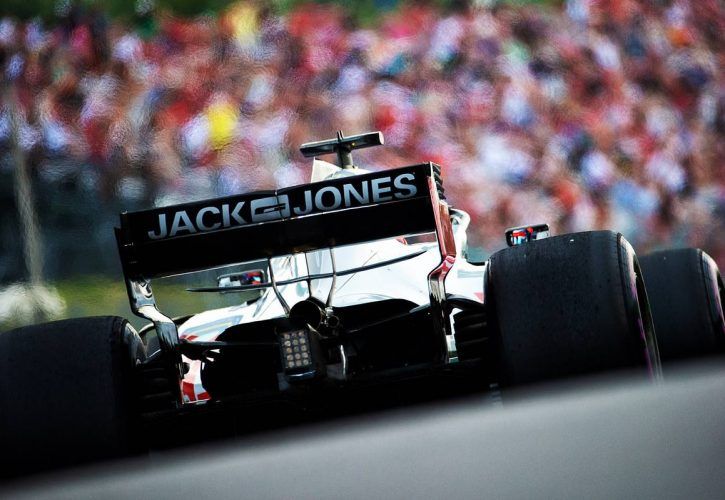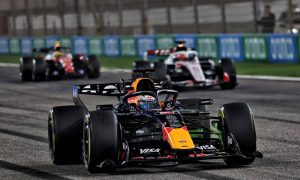
Haas' Guenther Steiner believes F1 should impose a cost cap on customer engines to ensure all teams pay a reasonable price for their power units in the future.
Formula 1 and the sport's manufacturers are currently in the final stages of defining the engine rules that shall be introduced in 2021, with hopefully an outcome that will result in a cheaper, more affordable power unit for all.
However, Steiner sees the imposition of a flat rate as the best way forward for customer teams.
"I don’t want to tell them [the manufacturers] what to do, they know what to do," Steiner told Motorsport.com.
“What I would like to have is a cost cap on the money we have to pay the engine manufacturer, that that is set. And then they can do what they want.
"If they want to make an engine out of gold, then we get it for set price, feel free to do so.
"That is more because we don’t have the expertise to get involved, V6 one turbo or two turbos, MGU-H, as long as we are sure that there is a supply and the cost of the supply is controlled whatever money we can agree on, we are happy.
"We don’t want to get involved with one or two turbo because for me, we don’t produce one."
While Formula 1's roadmap for the future has yet to be set in stone, Renault's Cyril Abiteboul says the sport's manufacturers are now all on the same page with regard to keeping the current engine format intact.
Liberty Media and the FIA had initially proposed a simpler platform, stripped of its MGU-H component in order to reduce costs, improve reliability and attract independent engine manufacturers.
F1's four manufacturers have argued however that a new engine design would only drive costs up, while they also underlined the fact that no new entrant had committed to entering the sport in 2021.
"I think we are talking about details right now but I think in general we agree on the target, we agree it is better to keep the existing platform, and we agree that we can make a better job with the existing platform," said Abiteboul.
"In our opinion, we still accept the fact that we need to improve the power unit for other reasons, mainly for the show, for the race, for the customer teams, for the manufacturers in terms of cost also.
"We accept all of those objectives, and I think, and frankly we praise that, the focus is how we can make change to the existing platform, to make it better, to make it deliver against those targets that we continue to agree."

Targeted as a main culprit of cost and excessive sophistication, the controversial MGU-H element will therefore remain an intricate component of the power unit of the future.
"We believe that MGU-H is a good device for F1, which is a sport where you want to be in a position to constantly attack, and if you didn’t have the MGU-H then you’d really have a problem with the sustainability of the power," added Abiteboul.
"It would be silly to have used the MGU-H for a number of years and actually do the opposite of what the car makers will be doing.
"Maybe we can simplify the way that the MGU-H is working, maybe we can simplify the way that the MGU-K is being used, the way the energy deploys, the way the energy can contribute to the show rather than removing something from the show.
"Maybe there can be some element of standardisation on the way that the energy is managed, that would be good for the race, that would close the gap down a little, and that’s typically the sort of thing that will help with enforceability."
Gallery: The beautiful wives and girlfriends of F1 drivers
Keep up to date with all the F1 news via Facebook and Twitter







